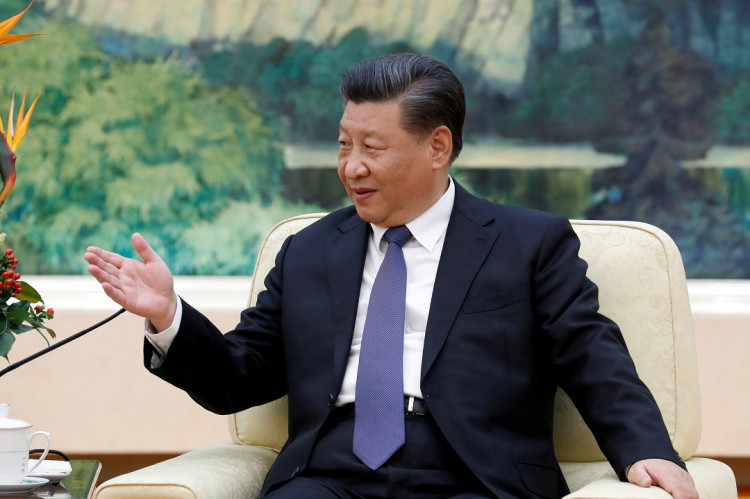In a strategic visit to fortify Sino-Vietnamese relations, Chinese President Xi Jinping embarked on a two-day trip to Vietnam, signaling Beijing's intent to solidify its influence in Southeast Asia. This visit, marking Xi's first to Vietnam since 2017, closely follows recent diplomatic engagements of Vietnam with Western nations, notably the United States and Japan.
This journey holds significant implications for the regional geopolitical landscape, especially as Vietnam has been nurturing its ties with Western countries, including elevating its diplomatic relations with the U.S. to the same level as China during President Joe Biden's visit in September. Vietnam, while ideologically aligned with China due to its Communist governance, has been keenly navigating its strategic position amidst growing regional tensions, particularly in the South China Sea.
The focus of Xi's visit, beyond the ceremonial marking of 15 years of "comprehensive strategic partnership" between China and Vietnam, extends to various areas of collaboration. High on the agenda are infrastructure projects, with Beijing keen on integrating northern Vietnam into its southern supply chain networks and possibly incorporating Vietnam into its Belt and Road Initiative (BRI). The Hanoi metro, a project funded under the BRI framework, signifies Vietnam's cautious approach in openly aligning with Beijing's ambitious infrastructure plans.
Trade and economic cooperation also dominate the discussions, with China being Vietnam's largest trading partner. However, this relationship is characterized by a trade deficit favoring China, prompting Hanoi to seek more balanced economic engagements. Furthermore, Xi's visit includes discussions on strengthening connectivity, green energy initiatives, and critical mineral cooperation, reflecting the broad spectrum of bilateral interests.
Xi's op-ed, published prior to his visit, emphasized the concept of a "community with a shared future," a strategic narrative that underscores Beijing's vision for its relationship with Hanoi. Despite Vietnam's hesitation, the phrase has seemingly been adopted, indicating Hanoi's delicate balancing act between its traditional ally and its Western partners.
Vietnam's increasing role in the Indo-Pacific security and economic landscape has not gone unnoticed. Japan, the third-largest foreign investor in Vietnam, has recently enhanced its economic and security ties with Hanoi, echoing the rhetoric of a "free and open Indo-Pacific." Such developments highlight Vietnam's strategic importance in regional geopolitics and its efforts to hedge against China's assertiveness, especially in maritime disputes.
The visit, thus, represents a critical juncture in Sino-Vietnamese relations, with Beijing endeavoring to reaffirm its influence in the region while Vietnam continues to navigate its complex position between major global powers. As both countries grapple with changing international dynamics, the outcomes of Xi's visit could significantly shape the future trajectory of their bilateral relations and the broader regional geopolitical landscape.





